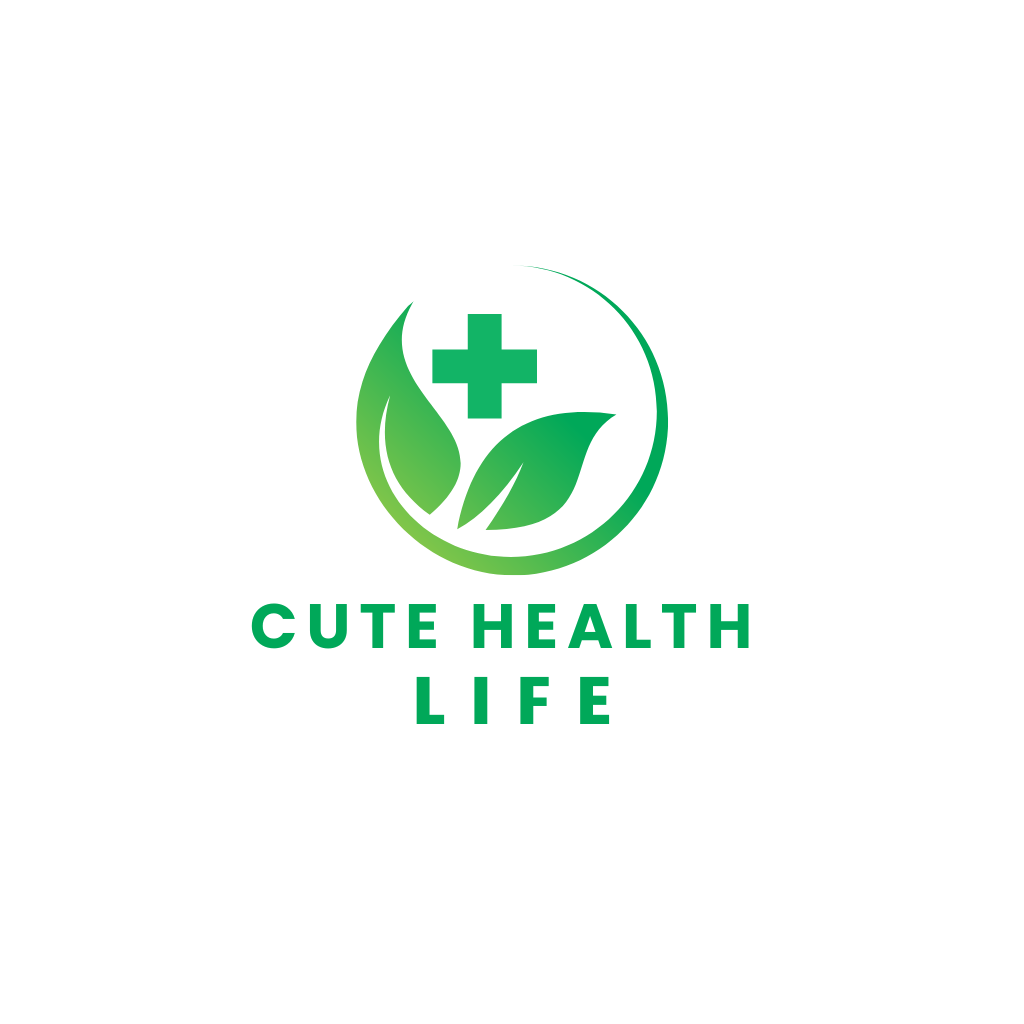Comprehending the Safety Effectiveness and Impact of FDA-Approved COVID-19 Vaccines
Introduction Since the emergence of COVID-19 in late 2019, the development and approval of vaccines have been one of the most significant scientific achievements in modern medicine. The U.S. Food and Drug Administration (FDA) has played a crucial role in evaluating and authorizing these vaccines, ensuring they meet rigorous safety and efficacy standards before reaching … Read more





